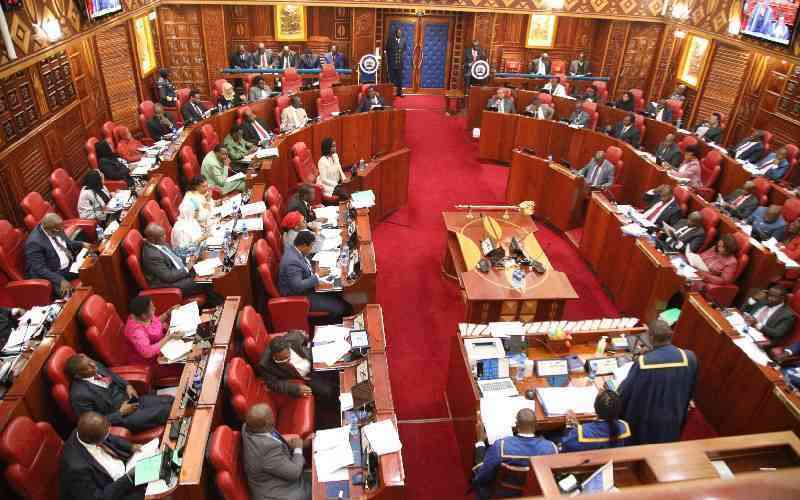
Sometime early this year, I wrote in this publication that Parliament had failed the country and deserved censure. You only need to consider our MPs' staple choice of top-priority issues both in and outside Parliament to agree. When they are not working towards own salary increment-a rare instance when the House evinces "unity of purpose"-they are busy introducing and passing Bills and motions whose interest they themselves cannot plausibly say and whose text and contents they seldom read.
Consider Pokot South MP David Pkosing's proposal-a few months ago-that there ought to be a review of the country's laws with a view to extending the constitutionally stipulated presidential term limit. It's ludicrous. And one wonders how and why Mr Pkosing imagines it would be the panacea for Kenya's myriad developmental deficiencies.







